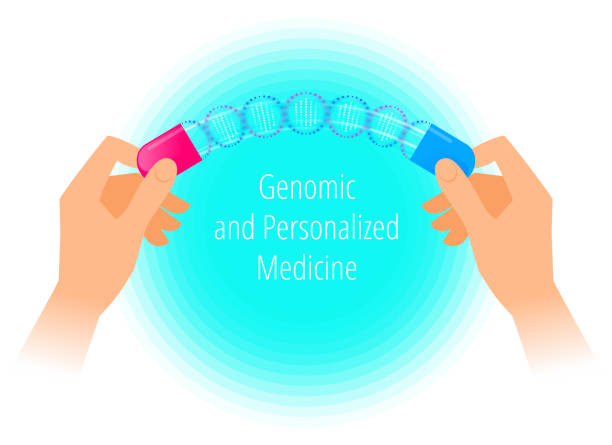Personalized Medicine: How C-suite Executives Can Lead the Genomic Revolution

Personalized Medicine: How C-suite Executives Can Lead the Genomic Revolution
Introduction: The shift towards personalized medicine is reshaping the healthcare landscape, offering new possibilities for patient care through the tailored approach of genomic medicine. As we approach 2024, C-suite executives in healthcare are positioned to lead this genomic revolution, enhancing treatment efficacy and patient outcomes.
Understanding Personalized Medicine: Personalized medicine, also known as precision medicine, utilizes genetic information to guide the diagnosis and treatment of diseases. This approach ensures that treatments are specifically tailored to the genetic profile of each patient, potentially reducing side effects and increasing the effectiveness of medical interventions.
The Role of Genomics in Healthcare: Advancements in genomic technologies have made it possible to quickly and affordably sequence an individual’s genome. This capability is important for identifying genetic disorders, predicting susceptibility to diseases, and customizing health plans that preemptively address potential medical issues.
Strategic Leadership in Genomics:
- Investing in Technology: Healthcare executives must champion investments in genomic technologies and data management systems that can handle complex genetic data securely and efficiently.
- Building Expert Teams: Recruiting and retaining top-tier geneticists, bioinformaticians, and clinical specialists who can interpret genomic data and translate it into actionable medical advice is essential.
- Ethical Considerations: Executives must navigate the ethical implications of genomic data usage, ensuring patient privacy and informed consent are at the forefront of their personalized medicine programs.
Collaboration and Partnerships: Forming strategic partnerships with biotech firms, academic institutions, and research organizations can accelerate the integration of personalized medicine into mainstream healthcare. These collaborations can also facilitate access to the latest research and technological innovations.
Regulatory Compliance and Advocacy: Navigating the regulatory landscape is essential for the adoption of personalized medicine. Healthcare leaders should work with regulatory bodies to shape policies that support genomic research while protecting patients.
Educating Patients and Providers: Education is a imperative component of implementing personalized medicine. Healthcare executives should invest in training programs for medical staff and informational campaigns for patients to foster an understanding of the benefits and limitations of genomic medicine.
Conclusion: As we move towards 2024, the role of healthcare executives is not just to adapt to the genomic revolution but to actively drive it. By fostering innovation, ensuring ethical standards, and investing in education, C-suite leaders can effectively lead their organizations through the transformative changes brought about by personalized medicine.
Call to Action: Healthcare executives are encouraged to assess their current capabilities in genomics and consider strategic investments to harness the full potential of personalized medicine. Engaging in continuous dialogue with stakeholders across the healthcare spectrum will also be key to successfully navigating this promising frontier.



